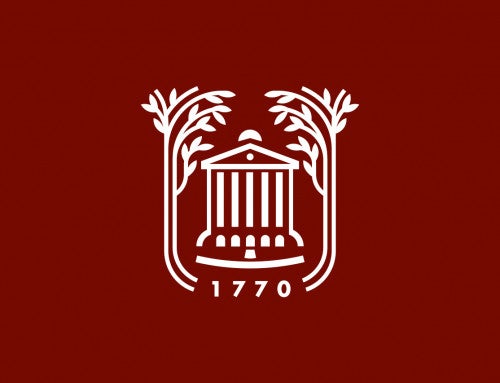As part of the Wells Fargo Distinguished Public Lectures, the Carolina Lowcountry and Atlantic World (CLAW) program at the College of Charleston will present a keynote speech by Richard Price, professor emeritus of American studies at the College of William and Mary, at 5:30 p.m. on Feb. 5, 2016.
The lecture will take place in Room 227 of the College’s Addlestone Library, located at 205 Calhoun St. The event is free and open to the public.
Price’s talk is part of a conference titled “Marronage and Maroonage in Culture, History, and Society,” taking place at the College from Feb. 4 – 6, 2016.
Price is a pioneering figure in the field of ethnographic history in general and of maroonage in particular. Institutionally, his academic contributions include founding the Department of Anthropology at Johns Hopkins University. He is credited as the first historian to conceptualize Maroon (runaway slave) communities throughout the Americas in a comparative framework.
Price’s work has won prizes from some of the leading professional associations in the fields of history, anthropology, folklore studies, Caribbean studies and political science. His seminal scholarship on maroonage includes First Time: The Historical Vision of an Afro-American People (winner of the Elsie Clews Parson Prize of the American Folklore Society), and Alabi’s World (winner of the J.I. Staley Prize in Anthropology, the Albert J. Beveridge Award of the American Historical Association, and the Gordon K. Lewis Memorial Prize of the Caribbean Studies Association). Richard and Sally Price’s edition of John Stedman’s 1796 Narrative of a Five Year Expedition Against the Revolted Negroes of Surinam is one of the fundamental texts on colonial life and his co-authored work, The Birth of African-American Culture: An Anthropological Perspective, helped to define the field.
Among his more recent books is Rainforest Warriors: Human Rights on Trial (2010), which won the Best book Award of the American Political Science Association in the filed of Human Rights, as well as the Senior Book Prize of the American Ethnological Society.



